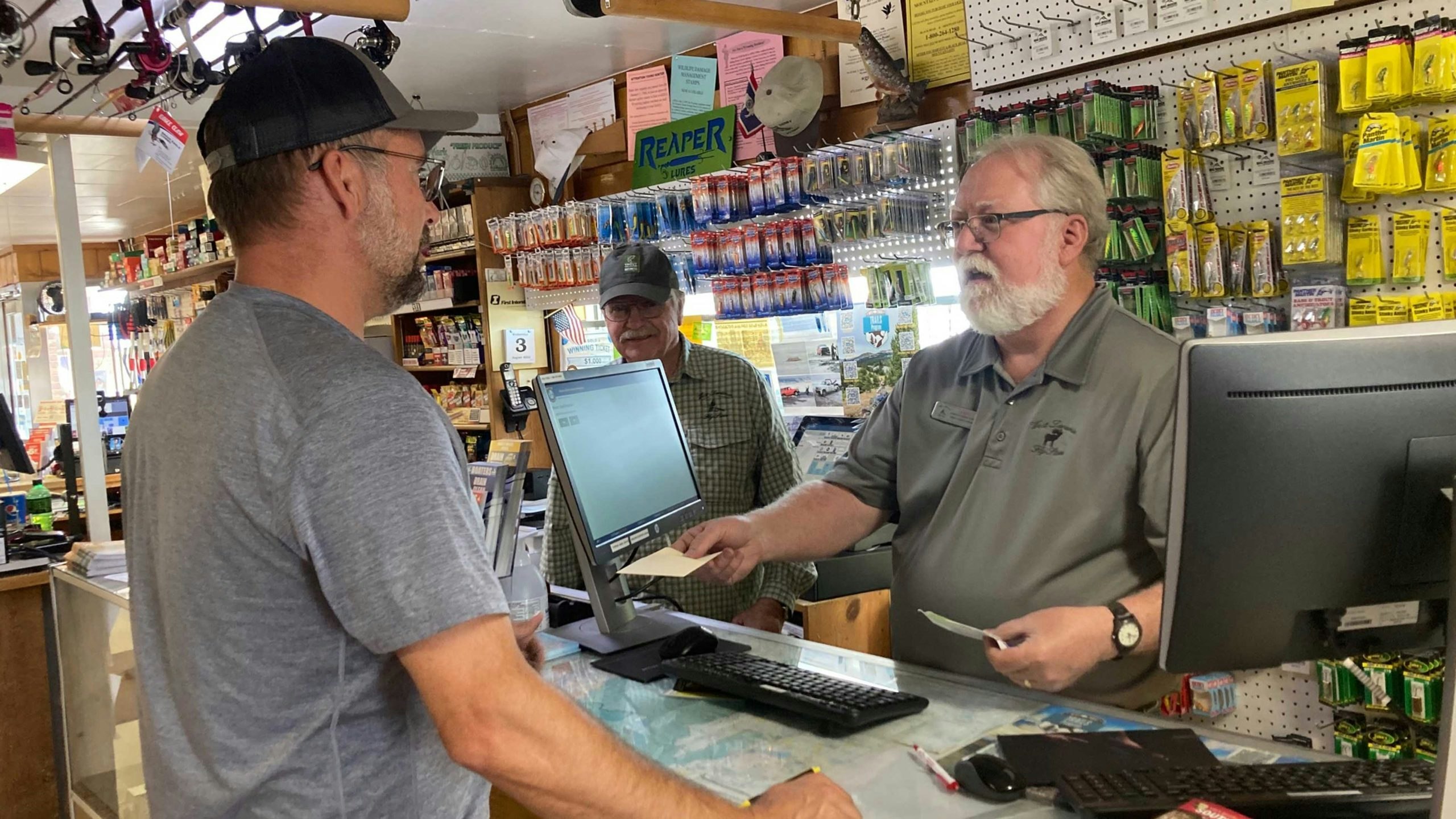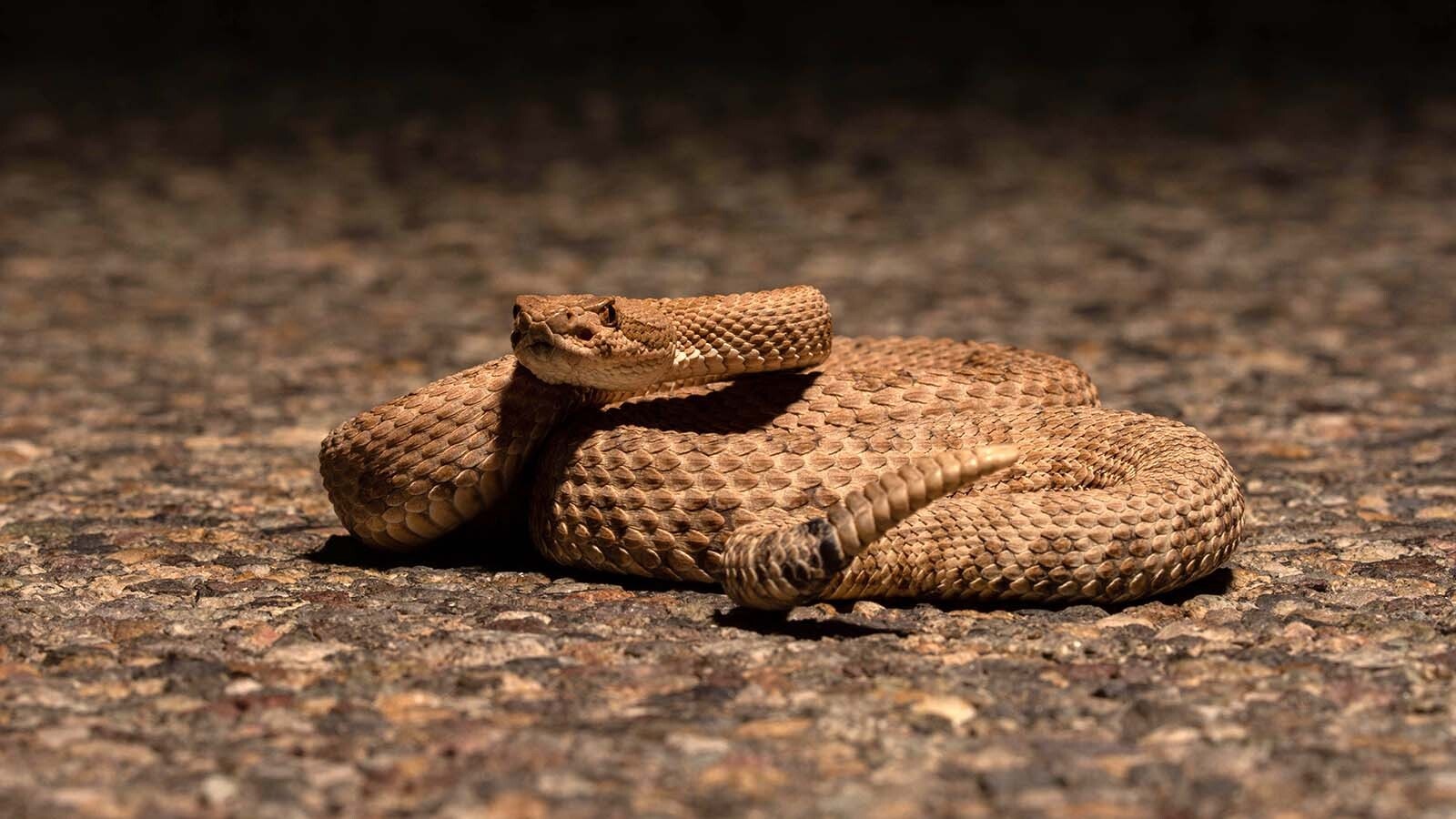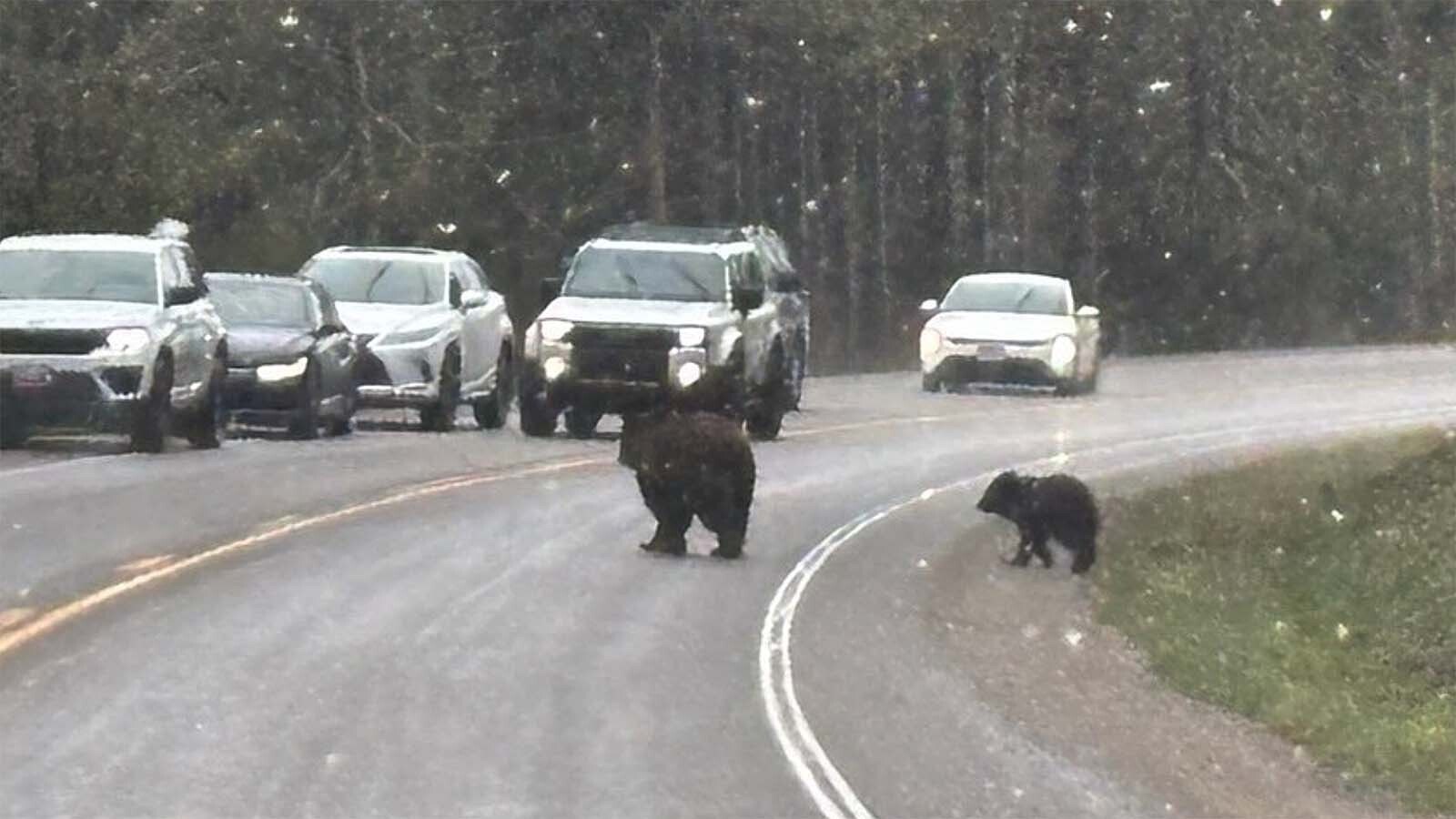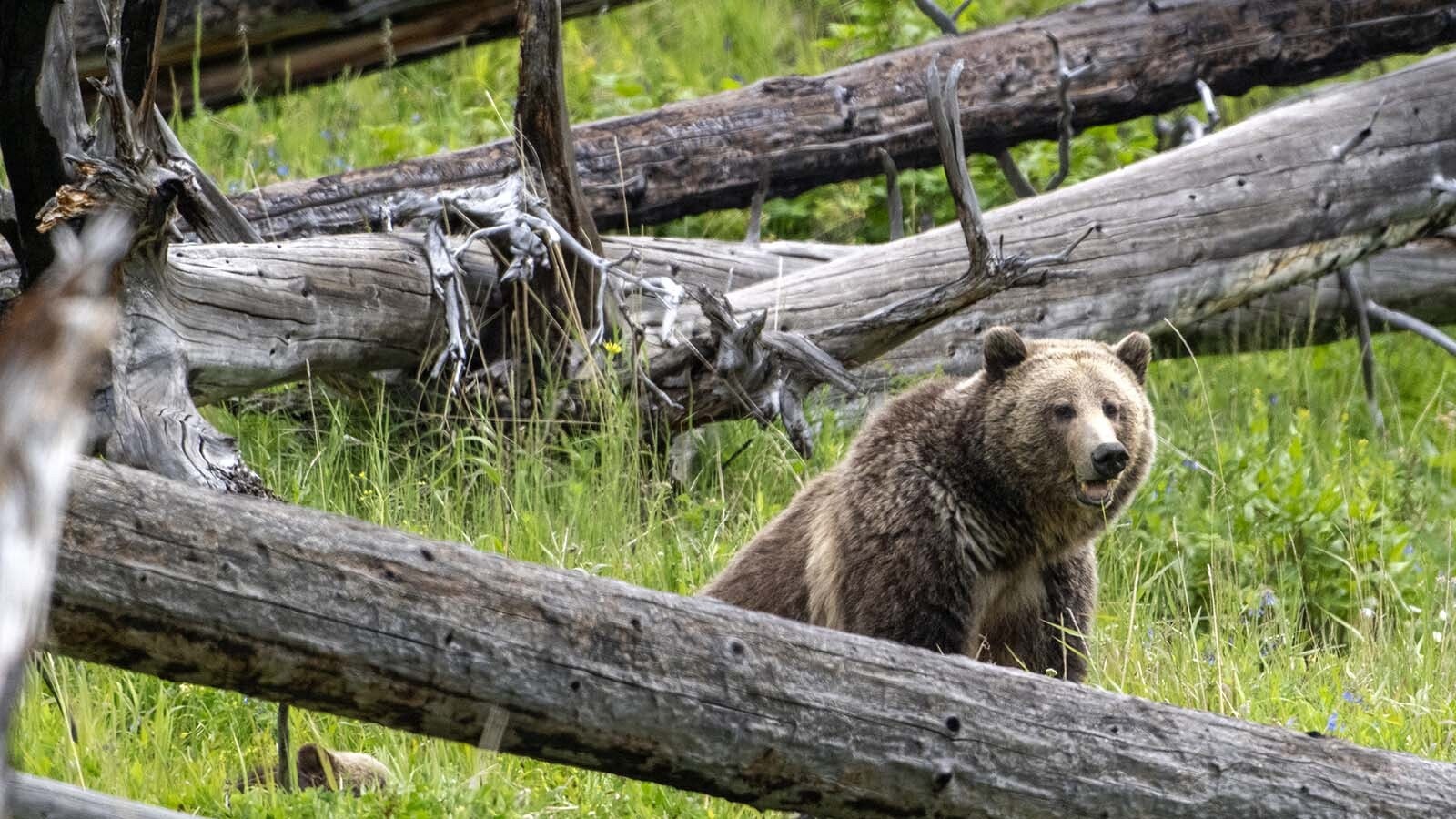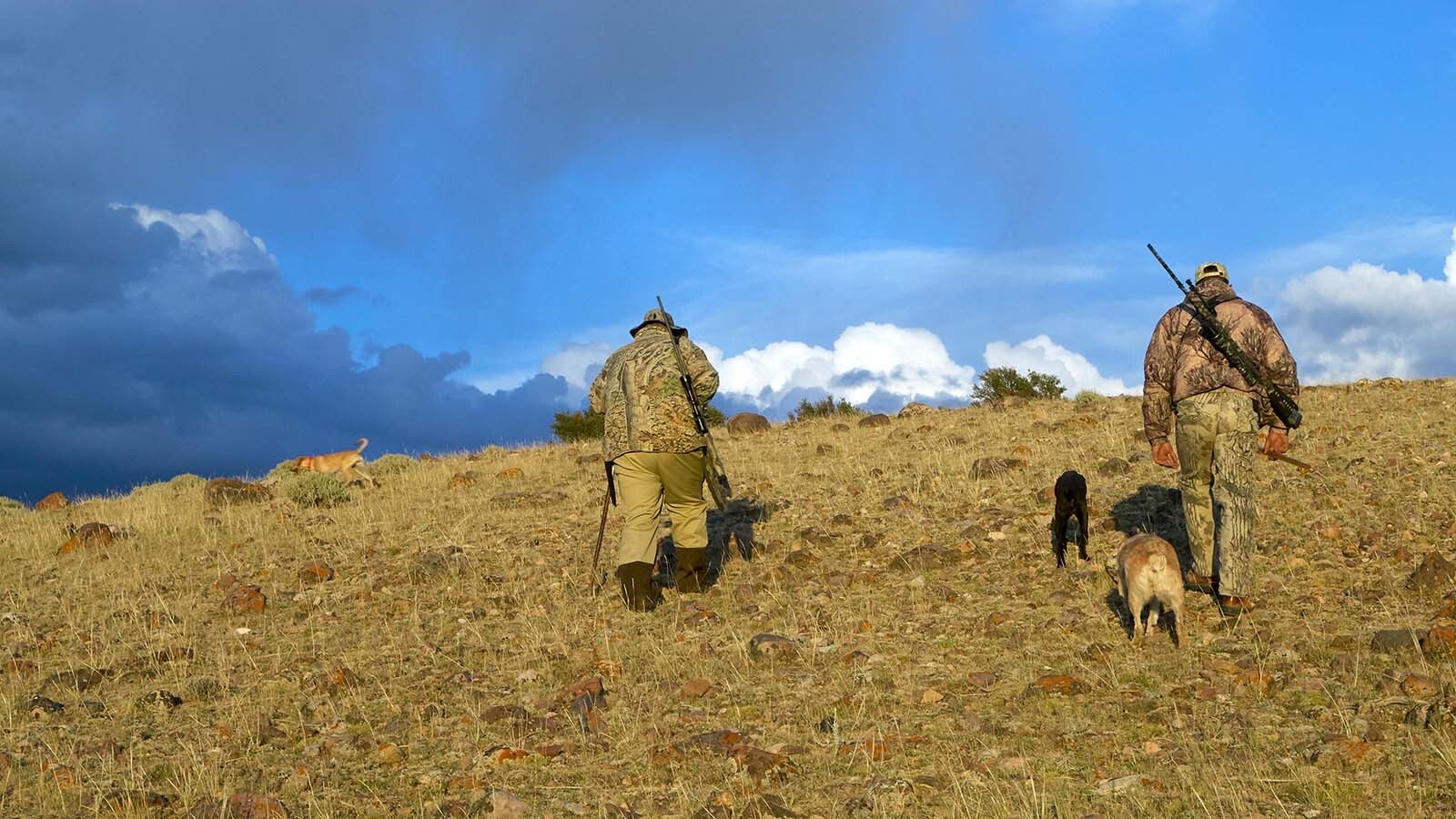Catch-and-release fishing is common among trout enthusiasts who relish having a good scrap in picturesque settings without depleting fisheries, but experts cautioned that during hot spells it can harm or even kill fish.
That’s vital to keep in mind as searing temperatures continue across much of Wyoming, said Wyoming Game and Fish Department public information officer Sara DiRienzo.
“We’re discouraging people from catch-and-release fishing for trout during the middle of the day in this heat,” she said. “Trout, especially, are cold water fish. When hot weather raises water temperatures, then they can become too stressed more quickly.”
Trout are prized by anglers because they’re apt to put up a fierce fight once hooked, but that can be their undoing when waters get too warm, DiRienzo said.
Water temperature above about 70 degrees is considered dangerously hot for trout. The fish tend to lurk deep in cool water during the peak of summer. Getting hooked and then struggling mightily while being reeled toward the surface through increasingly warm layers of water can stress trout past their limits, she said.
It’s best to catch-and-release trout only during the relative cool of early mornings or evenings, and only in water that is adequately cool during those periods, DiRienzo said.
“Play and land the fish as quickly as possible to avoid exhausting them,” she said. “We recommend using barbless hooks, because they’re easier to remove, and removing the hook while the fish is in the water. Don’t squeeze the fish or put your fingers into their gills. If people can adjust their practices, they can still have a good time fishing and protect the trout.”
If, despite an angler’s best efforts, a trout appears to be hopelessly lethargic after the hook is removed, consider quickly dispatching it and keeping it to eat, rather than leaving it to suffer a lingering death, DiRienzo said.
Warm water species, such as walleye, aren’t as susceptible to heat stress and exhaustion. These could be an alternative to trout until cooler weather arrives, she said.
Guides
Roger Bredehoft, manager of the Laramie-based Two Dogs Guide Service, agreed.
“This time of year, we pretty much quit trout fishing on most of the rivers,” he said.
The only exception is on stretches of river that are directly below dams, where cool reservoir water is released regularly, he said.
“If you want to catch trout in lakes, go really early in the morning or late in the evening,” Bredehoft said. Or, consider going only to high-altitude lakes and ponds, where the water is more likely to be adequately cool.
He echoed DiRienzo’s advice on how to treat trout during hot weather.
“No matter where you are, on a river or a lake, land them as quick as you can, unhook them as quick as you can and release them as quick as you can,” he said. “If you want to take a picture, have the person with the camera all set up and ready. Lift the fish out of the water, take the picture and put the fish right back into the water.”

